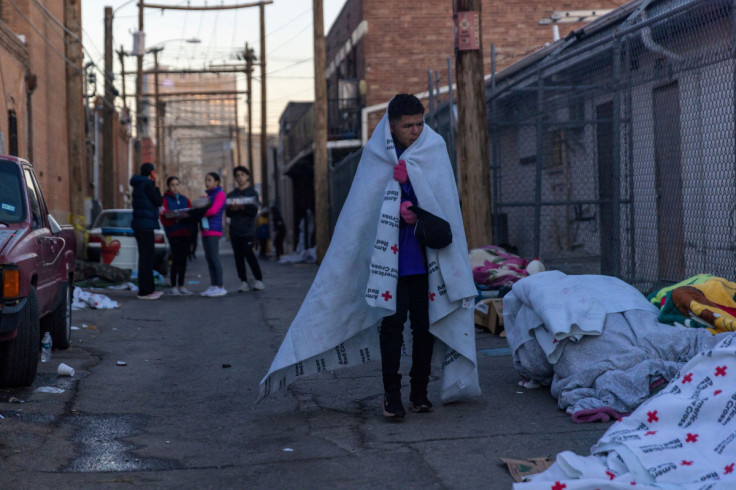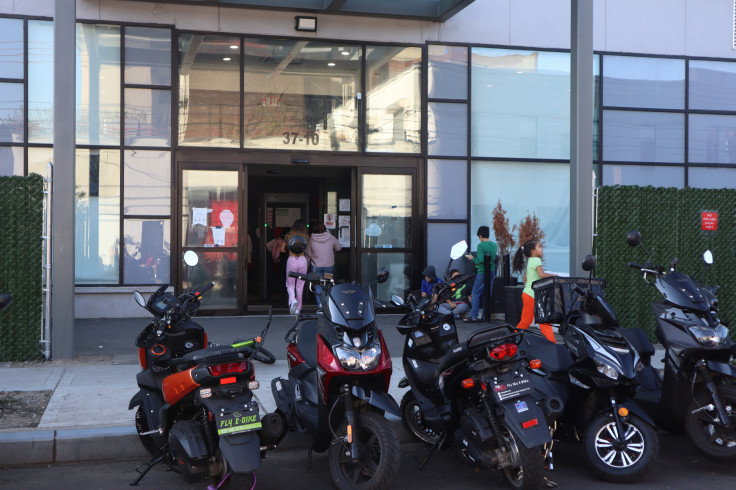
Chicago's migrant shelter population has dropped by more than half since last winter and after the city began implementing a 60-day stay policy in the spring, according to a Chicago Sun Times analysis.
As of Friday, some 6,300 asylum-seekers were temporarily housed in 17 shelters run by the city and state. This compares to the peak of the migrant influx last winter, when there were about 15,000, the outlet said.
Since 2022, more than 43,000 asylum seekers, mostly from Venezuela, have arrived to Chicago from southern border states. City officials devised a housing plan, which resulted in the new arrivals being housed in hotels, police stations, and various other temporary shelters.
In January, homelessness –defined as people who don't have stable housing and those living in shelters– had more than tripled in Chicago in comparison to the previous year, as authorities struggled to manage the thousands of migrants who had arrived in the city.
The figure went from a little over 6,000 in January 2023 to nearly 19,000 a year later, according to an annual Chicago Department of Housing and Urban Development.
Chicago Mayor Brandon Johnson said the decision to place a 60-day limit on shelter stays for incoming migrants, announced in mid-March, was made necessary by a lack of federal support.

"Our values are front and center. In fact, many people around the country and the globe have seen our motto and how we have provided care in this moment. As you know, I've worked hard to bring the state, the county, and federal government together to respond to this mission," he said.
"It is an unsustainable mission because we don't have support from Congress. Congress, of course, refuses to respond to President Biden's leadership, and they refuse to enact real, substantive immigration reform policy because that's really what we need," Johnson added.
The state of Illinois also offered up to $9,000 in emergency rental assistance to eligible migrants over a 6-month period, but many who entered shelters after mid-November no longer qualified, and housing advocates say they expect to see an increase in evictions among the new arrivals.
"We anticipate that we will see more and more asylum applicants as they find themselves in eviction court because short-term rental assistance will end and work authorizations have not kicked in," told the outlet Allen Hailey, of the Law Center for Better Housing.
© 2024 Latin Times. All rights reserved. Do not reproduce without permission.







